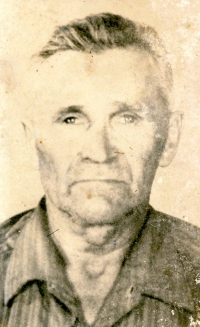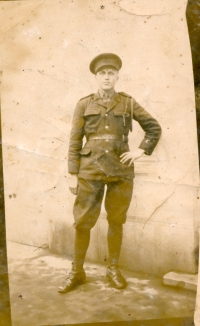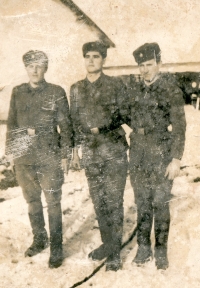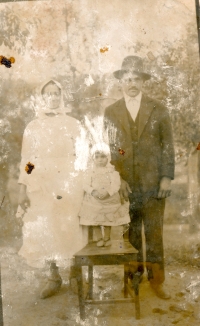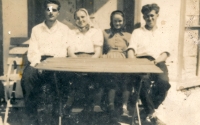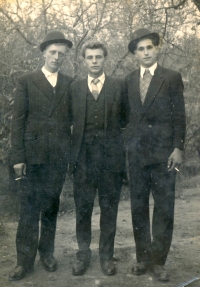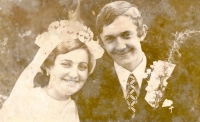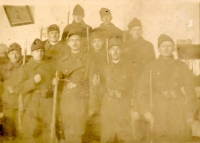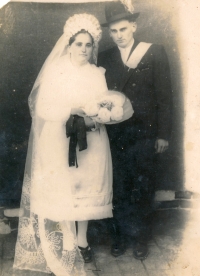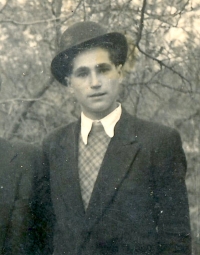They divided the money, left the fields and drove us Czechs into the hills
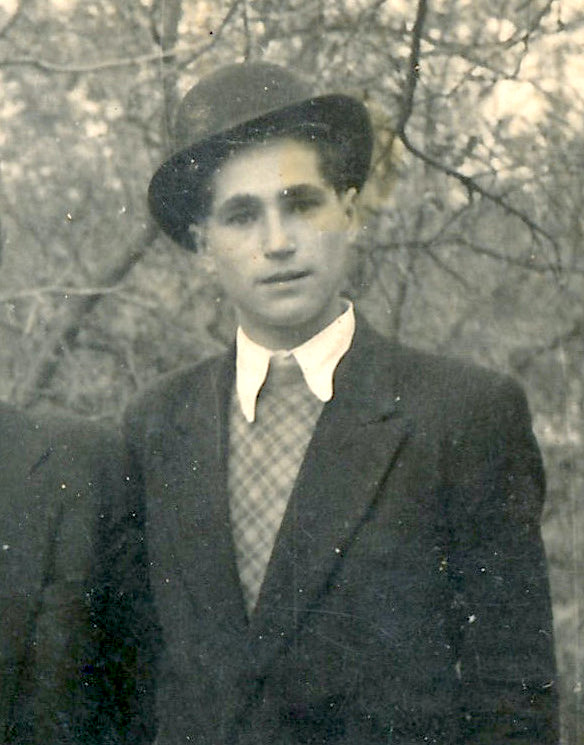
Download image
Matěj Kalina was born on 25 February 1942 in the Czech village of Šumice in the Romanian Banat. His father enlisted in the army during the Second World War and the children had to be taken care of by their mother, who fell ill and died after her husband’s return from the war. Matěj and his siblings were thus brought up by their stepmother. He and his family lived in humble circumstances and from childhood he was engaged in farm work. During the communist regime, they had to take so-called agricultural contingents from their farm. Matěj completed four grades in the local school and later attended the Romanian school in Lapušnik. From 1962 to 1964 he did his military service and after returning to the village he got married. The couple remained childless. Until his retirement, he worked as a professional driver in a timber factory and worked on the farm after work hours. After the change in political conditions, when families left the village in search of a simpler life, he and his wife decided to stay, which they later regretted. At the time of filming, the witness was living in Šumice (September 2023).
